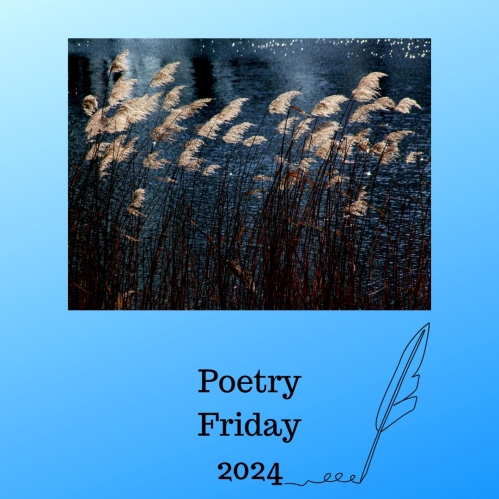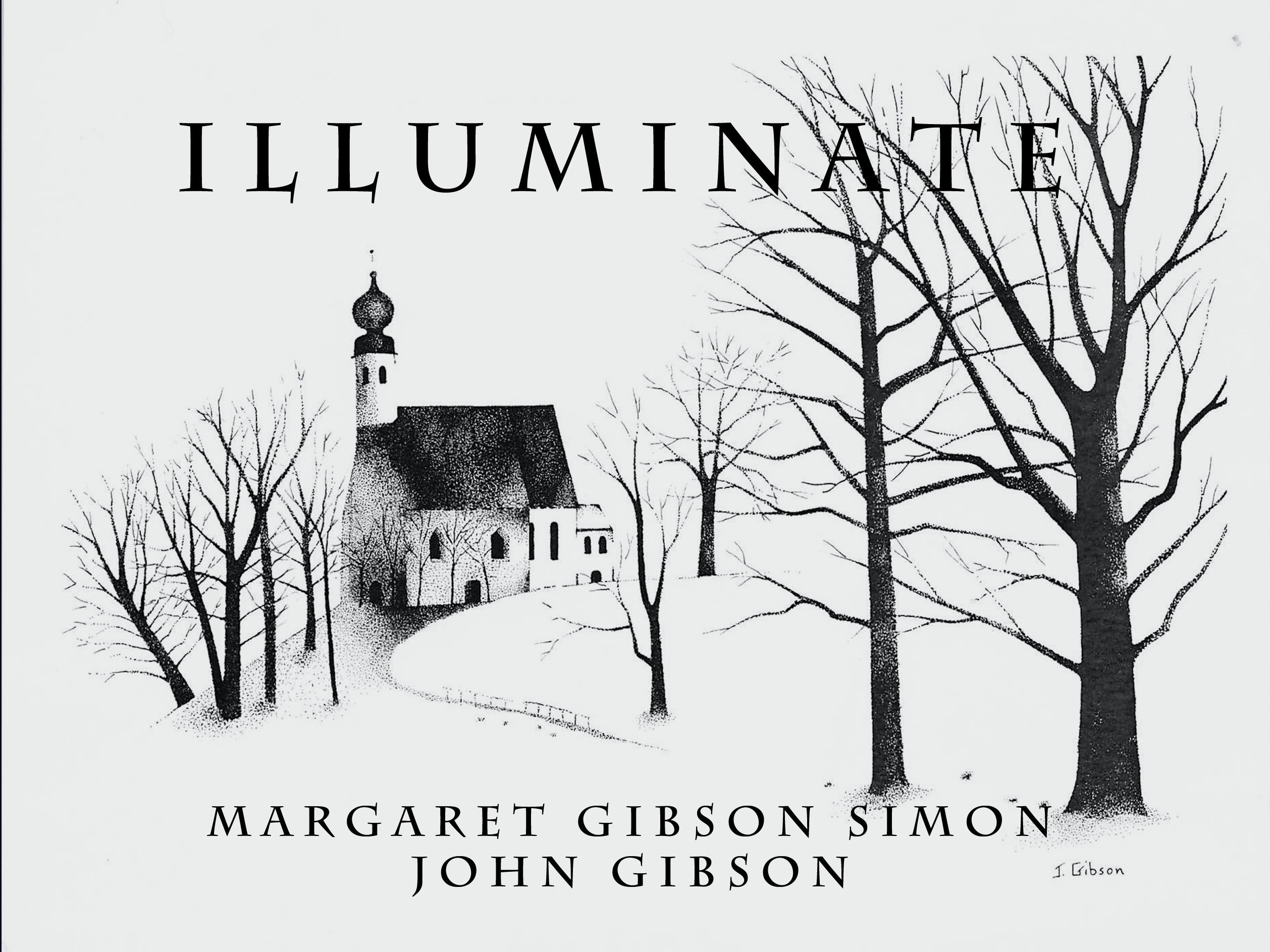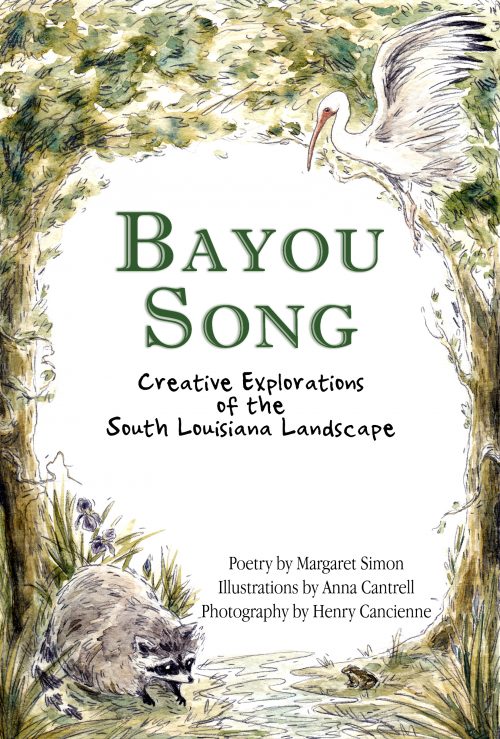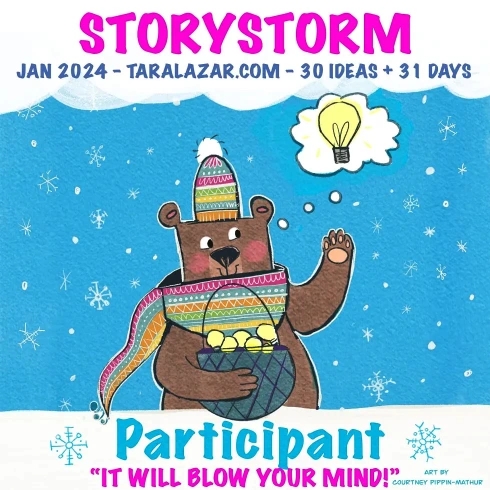
On Saturday as part of the Festival of Words, I had the privilege to attend a small workshop with Aimee Nezhukumatathil. She led us through a number of writing exercises and ended with a discussion of the haibun.
From Poets.org: “Haibun combines a prose poem with a haiku. The haiku usually ends the poem as a sort of whispery and insightful postscript to the prose of the beginning of the poem. Another way of looking at the form is thinking of haibun as highly focused testimony or recollection of a journey composed of a prose poem and ending with a meaningful murmur of sorts: a haiku.”
Aimee added to this definition with two concepts: Aware, a Japanese concept similar to natsukashisa, a type of nostalgia with a fondness for what is gone but also slight optimism for what’s ahead and a sense of calm because this is the natural course of things. She also Nezhukumatathiled the form with the addition of scent. She spoke about scent as a way to activate the reader’s mind to a memory.
On Monday, I went to a former school to screen a student for gifted. They put me in my old room to do the testing and while the child took her test, I wrote this poem.
I enter the spacious classroom, and you are not here. So many hard days in masks and social distance
defined our relationship then. Your desk is gone. The smell of pencil shavings is sharp
mixed with musty-mold of an old school. Today I am testing a girl like you,
bright and edgy with a little swagger to her walk. But she isn’t you. No one can be you but you.
This chair, the small blue square that lost its cushion years ago, holds me again.
I trip over its wobbly wheels wishing you were here to laugh at me. Where are you now?
In another classroom, another school, same masked face, same suspicious eyes.
I want to know if you are OK. I only ever wanted you to be OK.Students come in
Margaret Simon, draft
Twist my heart into a knot
And leave it longing









Oh, wow. Haibun, have heard of it and Aimee, too, but not sure. How lucky you are and I hope you will have a chance to share more. Your poem is striking. Moving and your end haiku, lovely. It makes me want to know more about the child you are talking about, though, I imagine it is a combined set of children you taught and cared about.
Beautiful. Heart-wrenching.
Margaret, that touched a nerve. I can so relate. The sentiments expressed here fit this format so beautifully. The prose lead-up gives so much power to the haiku. Thank you for this.
Margaret, what a beautiful poem. Sitting in your room was the perfect set up for thinking of her, this student who put a knot in your heart, leaving you with longing. So powerful. I wonder if you will find out the answer to “Where are you now?”
Your post inspired mine today too.
This is a really powerful and charged poem. So many questions. I didn’t know what haibun was. Thanks for that!
Margaret, this form looks intriguing! I love yours and I can’t wait to try one!
What a lovely haibun, Margaret. As usual, I’m inspired by your commitment to your writing and your connection to your students.
Thank you for sharing about haibun! This is new to me. What a beautiful, powerful example you have shared with us. I love the closing haiku:
Students come in
Twist my heart into a knot
And leave it longing
So, so true.
Margaret, your haibun is written with such a clear memory, nostalgic in its intent, and ending in a beautiful haiku. The last two lines made me pause. They are lines to ponder as emotions rush along side the words.
Margaret, how wonderful you were able to attend a workshop with Aimee Nezhukumatathil. Thank you for her link. I imagine the workshop was great with all of Aimee’s accomplishments. You do wonderful justice to the haibun form; beautiful and powerful. I love your POV, your images, your use of senses, and forms of alliteration. What is particularly striking to me is your longing/emotion of this student that I can feel throughout the poem! It’s almost like the emotion is a character! Love how you continue your emotion into to the last two lines. Amazing. I always wanted to try a haibun, but never have. I did read a poetry book that included haibun through the whole book, which I loved. Thank you for your inspiration; you have made me want to me give it a try.